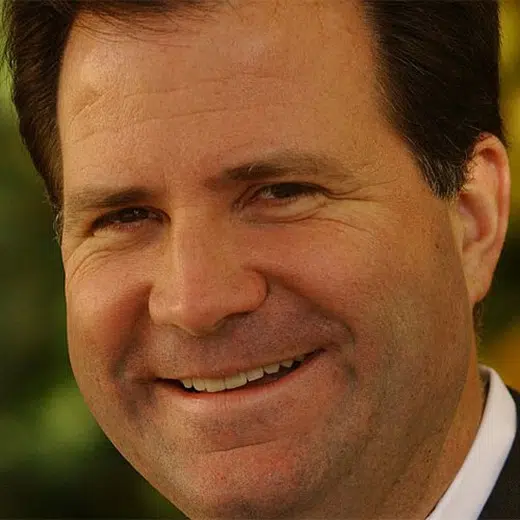By Dan Williams
JERUSALEM (Reuters) – Demonstrations against and for Israel’s judicial overhaul paused for a traditional Jewish fast on Thursday, with national leaders calling for reconciliation while activists vowed to return to the streets and step up pressure on the government.
The constitutional crisis, now in its seventh month, surged on Monday after parliament passed the first of Prime Minister Benjamin Netanyahu’s reforms trimming Supreme Court powers over his ruling religious-nationalist coalition.
Political watchdog groups appealed to the court to overturn the new law, paving the way to an unprecedented showdown among branches of government when arguments are heard in September.
The legal tussle will begin as early as next Thursday, however, when the top court will hear an appeal against a coalition bill ratified in March that limited conditions for removing the prime minister from office.
With the rattled country shut down for Tisha B’av, the fast day mourning the destruction of two ancient Jewish temples in Jerusalem blamed by the sages on needless infighting, Israelis leaders counselled soul-searching.
“I appeal on everyone: Even when the pain peaks, we must preserve the boundaries of the dispute and refrain from violence and irreversible measures,” President Isaac Herzog, who has been trying since March to broker compromise, said on Facebook.
“We must imagine our lives together here – in another 40, 50 and 100 years – and how each action will impact on our children and grandchildren, and on the bridges between us.”
Protesters said they would be out in force again once the fast ends at sunset. They accuse Netanyahu of working to curb court independence even as he argues his innocence in a graft trial, and of unilaterally changing the justice system to the detriment of once-dominant secular-liberals.
“The government is illegitimate,” said a poster that protest leader Shikma Bressler published on social media, which included a Roman-era image of the pillaging of the Jerusalem temple.
“The protests will continue as planned at the same time as measures are being intensified and tools are being used that have not been used to date.”
Netanyahu defends the reforms as needed to balance out branches of government. He has cast the protests – which include announcements by thousands of military reservists that they will not report for duty – as a bid to thwart his democratic mandate.
(Writing by Dan Williams; editing by Robert Birsel)






